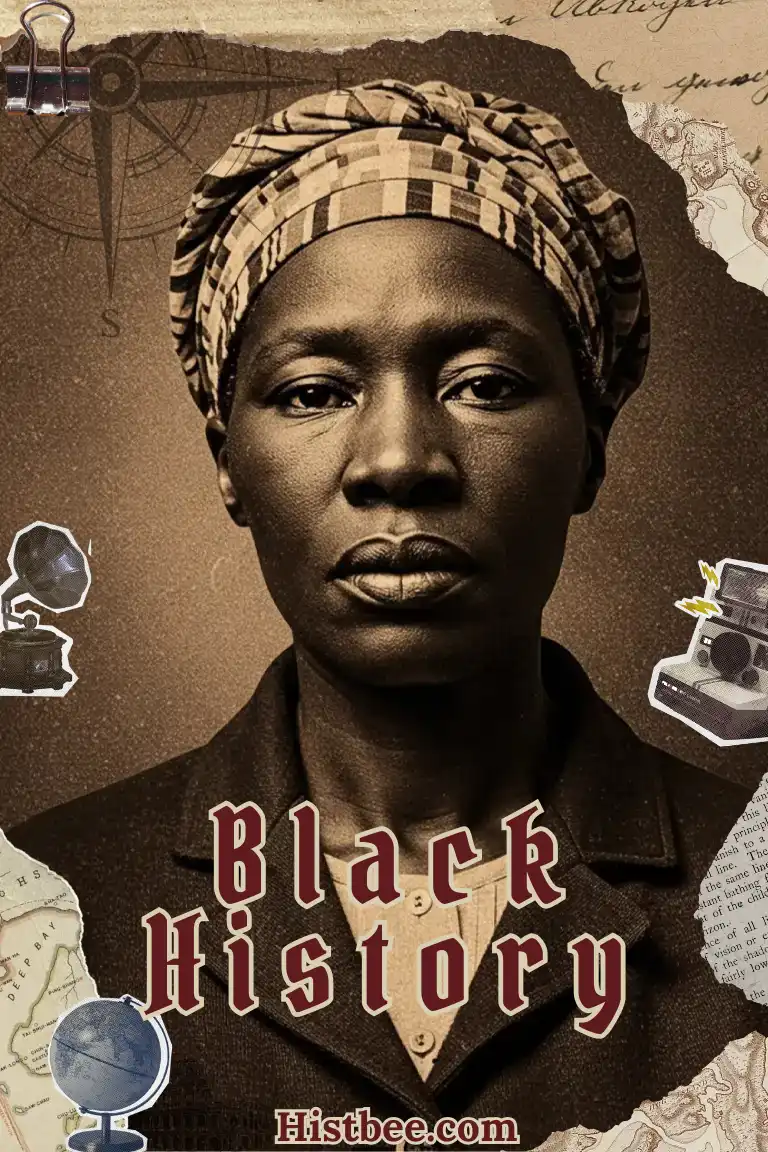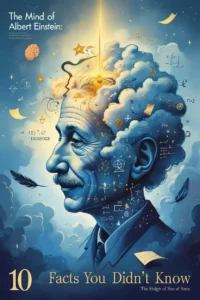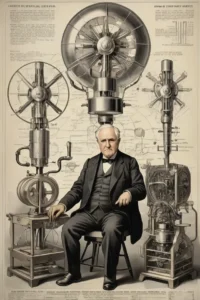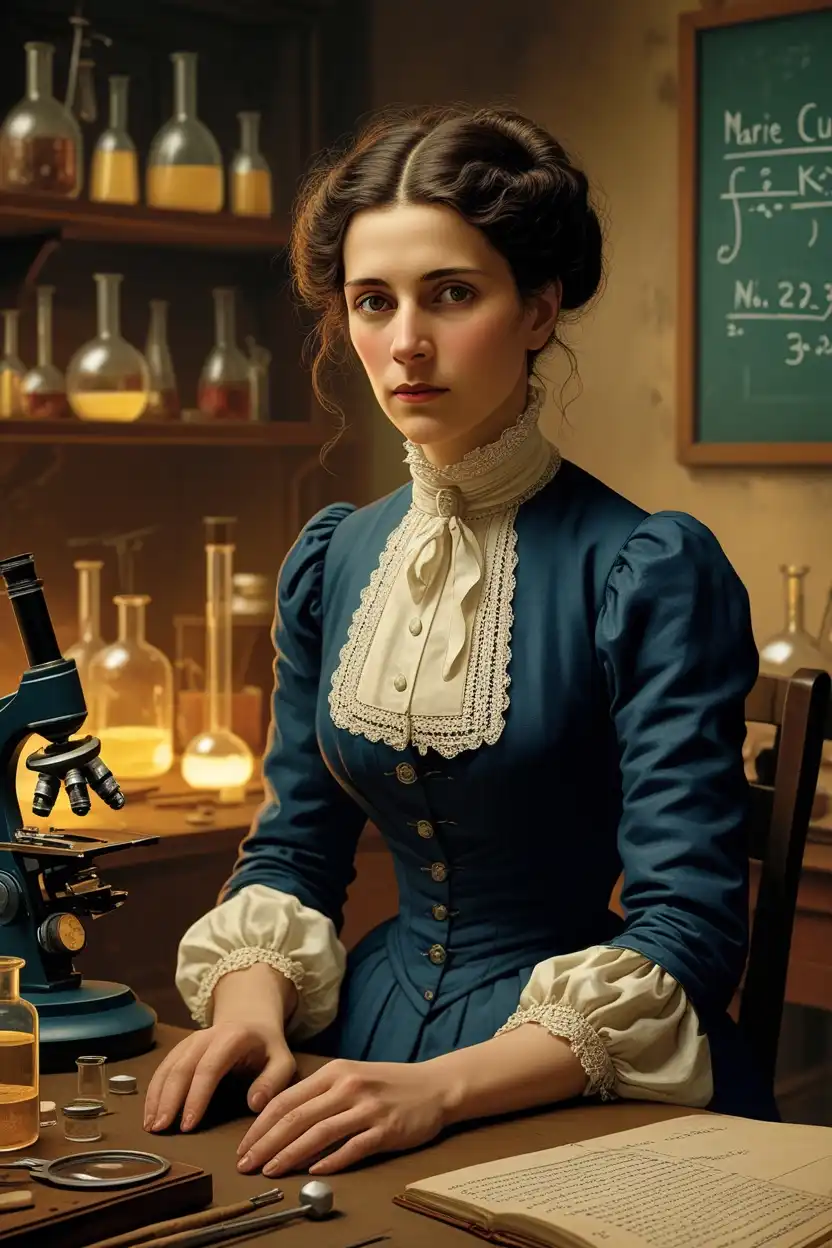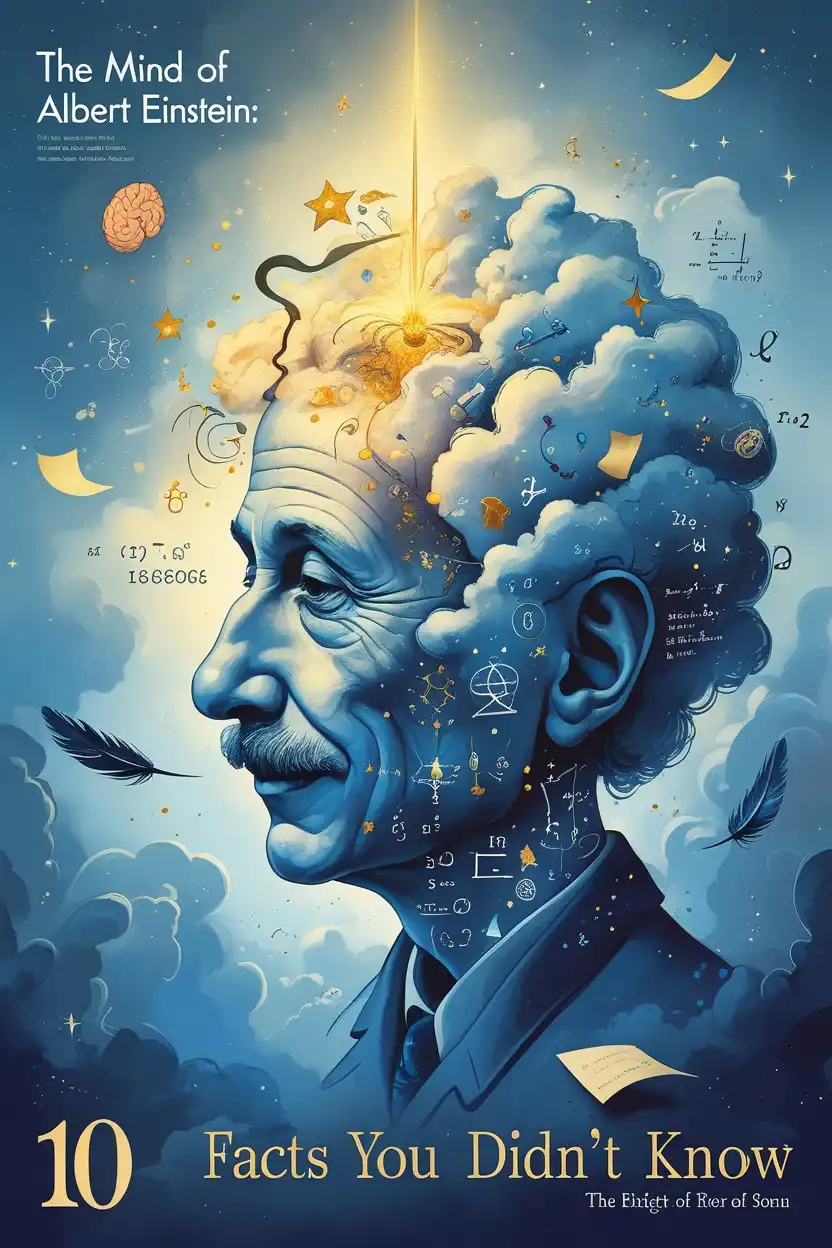When we think of Black history, many of us immediately recall figures like Martin Luther King Jr., Rosa Parks, or Harriet Tubman. While these individuals are undeniably important, Black history is vast, complex, and filled with stories that often go untold in traditional educational settings. Here are some remarkable Black history facts that you probably didn’t learn in school but deserve to be celebrated and remembered.
1. The Real “Hidden Figures” of NASA
Before the 2016 film Hidden Figures brought their stories to light, few people knew about Katherine Johnson, Dorothy Vaughan, and Mary Jackson—three Black women whose mathematical genius helped launch the United States into space. These women worked under immense pressure during the segregated era, yet their contributions were critical to the success of NASA’s early space missions, including John Glenn’s historic orbit around Earth in 1962.
2. The First Self-Made Female Millionaire in America
Madam C.J. Walker, born Sarah Breedlove in 1867, was the first self-made female millionaire in the United States—not just among Black women but across all demographics. She built her empire by creating and marketing hair care products specifically for Black women. Walker was not only a savvy businesswoman but also a philanthropist and activist who used her wealth to support civil rights causes.
3. The Tulsa Race Massacre
The Greenwood District of Tulsa, Oklahoma, was once known as “Black Wall Street” due to its thriving Black-owned businesses and affluent community. However, in 1921, a violent white mob destroyed the district in one of the worst incidents of racial violence in U.S. history. Hundreds of Black residents were killed, thousands were left homeless, and the area was reduced to ashes. This tragic event was largely omitted from history textbooks for decades.
4. Bass Reeves: The Real Lone Ranger
Did you know that the legendary Lone Ranger may have been inspired by a Black man? Bass Reeves was one of the first Black deputy U.S. marshals west of the Mississippi River. Born into slavery, Reeves escaped during the Civil War and later became a lawman, arresting over 3,000 criminals during his career. His extraordinary life story challenges the stereotypical narratives of the Old West.
5. The First Open-Heart Surgery
Dr. Daniel Hale Williams, a pioneering Black surgeon, performed one of the first successful open-heart surgeries in 1893. At a time when racism severely limited opportunities for Black medical professionals, Williams founded Provident Hospital in Chicago—the first interracial hospital in the United States. His groundbreaking work saved countless lives and paved the way for modern heart surgery.
6. Claudette Colvin: The Teen Who Refused to Give Up Her Seat
Before Rosa Parks became a symbol of the Montgomery Bus Boycott, a 15-year-old girl named Claudette Colvin refused to give up her seat on a segregated bus in Alabama. This occurred nine months before Parks’ famous act of defiance. Colvin was arrested and became one of the plaintiffs in Browder v. Gayle, the case that ultimately led to the desegregation of buses in Montgomery.
7. The Role of Black Cowboys
Hollywood often portrays cowboys as rugged white men, but historians estimate that one in four cowboys in the late 19th century was Black. Many were formerly enslaved individuals who found freedom and opportunity in the West. Figures like Nat Love (also known as Deadwood Dick) became legends in their own right, though their stories are rarely highlighted in mainstream narratives.
8. The First African American Senator
Hiram Rhodes Revels was the first African American to serve in the U.S. Senate, representing Mississippi from 1870 to 1871 during Reconstruction. His appointment was groundbreaking, occurring just five years after the Civil War ended and while many Southern states were still grappling with Reconstruction policies.
9. The Underground Railroad Had More Than One “Conductor”
While Harriet Tubman is rightfully celebrated for her role in leading enslaved people to freedom via the Underground Railroad, she wasn’t alone. People like William Still, often called “The Father of the Underground Railroad,” played a crucial role by documenting the stories of those who escaped and providing them with shelter and resources.
10. Black Wall Street Wasn’t Unique
While Tulsa’s Greenwood District is perhaps the most famous example of a prosperous Black community, it wasn’t unique. Other thriving Black towns and neighborhoods existed across America during the late 19th and early 20th centuries, including Rosewood (Florida), Idlewild (Michigan), and Durham’s Hayti District (North Carolina). These communities were centers of culture, business, and innovation—until systemic racism and violence often led to their decline.
Why These Stories Matter
Black history is more than just a series of isolated events; it’s an integral part of global history that shapes our present and future. By delving into these lesser-known stories, we gain a richer understanding of resilience, innovation, and humanity’s shared struggle for justice.
Let’s continue to uncover these hidden chapters and give them the recognition they deserve—not just during Black History Month but every day of the year. After all, history belongs to all of us.
